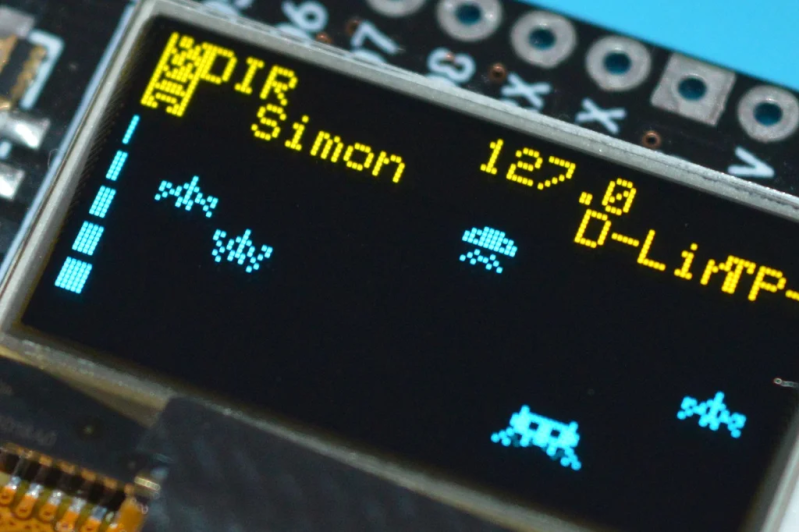What in the world are we doing? Scientists at the Massachusetts Institute of Technology have come up with this mind-boggling idea of creating an AI model that "never stops learning." Seriously? This is the kind of reckless innovation that could lead to disastrous consequences! Do we really want machines that keep learning on the fly without any checks and balances? Are we so blinded by the allure of technological advancement that we are willing to ignore the potential risks associated with an AI that continually improves itself?
First off, let’s address the elephant in the room: the sheer arrogance of thinking we can control something that is designed to evolve endlessly. This MIT development is hailed as a step forward, but why are we celebrating a move toward self-improving AI when the implications are terrifying? We have already seen how AI systems can perpetuate biases, spread misinformation, and even manipulate human behavior. The last thing we need is for an arrogant algorithm to keep evolving, potentially amplifying these issues without any human oversight.
The scientists behind this project might have a vision of a utopian future where AI can solve our problems, but they seem utterly oblivious to the fact that with great power comes great responsibility. Who is going to regulate this relentless learning process? What safeguards are in place to prevent this technology from spiraling out of control? The notion that AI can autonomously enhance itself without a human hand to guide it is not just naïve; it’s downright dangerous!
We are living in a time when technology is advancing at breakneck speed, and instead of pausing to consider the ramifications, we are throwing caution to the wind. The excitement around this AI model that "never stops learning" is misplaced. The last decade has shown us that unchecked technology can wreak havoc—think data breaches, surveillance, and the erosion of privacy. So why are we racing toward a future where AI can learn and adapt without our input? Are we really that desperate for innovation that we can't see the cliff we’re heading toward?
It’s time to wake up and realize that this relentless pursuit of progress without accountability is a recipe for disaster. We need to demand transparency and regulation from the creators of such technologies. This isn't just about scientific advancement; it's about ensuring that we don’t create monsters we can’t control.
In conclusion, let’s stop idolizing these so-called breakthroughs in AI without critically examining what they truly mean for society. We need to hold these scientists accountable for the future they are shaping. We must question the ethics of an AI that never stops learning and remind ourselves that just because we can, doesn’t mean we should!
#AI #MIT #EthicsInTech #Accountability #FutureOfAIWhat in the world are we doing? Scientists at the Massachusetts Institute of Technology have come up with this mind-boggling idea of creating an AI model that "never stops learning." Seriously? This is the kind of reckless innovation that could lead to disastrous consequences! Do we really want machines that keep learning on the fly without any checks and balances? Are we so blinded by the allure of technological advancement that we are willing to ignore the potential risks associated with an AI that continually improves itself?
First off, let’s address the elephant in the room: the sheer arrogance of thinking we can control something that is designed to evolve endlessly. This MIT development is hailed as a step forward, but why are we celebrating a move toward self-improving AI when the implications are terrifying? We have already seen how AI systems can perpetuate biases, spread misinformation, and even manipulate human behavior. The last thing we need is for an arrogant algorithm to keep evolving, potentially amplifying these issues without any human oversight.
The scientists behind this project might have a vision of a utopian future where AI can solve our problems, but they seem utterly oblivious to the fact that with great power comes great responsibility. Who is going to regulate this relentless learning process? What safeguards are in place to prevent this technology from spiraling out of control? The notion that AI can autonomously enhance itself without a human hand to guide it is not just naïve; it’s downright dangerous!
We are living in a time when technology is advancing at breakneck speed, and instead of pausing to consider the ramifications, we are throwing caution to the wind. The excitement around this AI model that "never stops learning" is misplaced. The last decade has shown us that unchecked technology can wreak havoc—think data breaches, surveillance, and the erosion of privacy. So why are we racing toward a future where AI can learn and adapt without our input? Are we really that desperate for innovation that we can't see the cliff we’re heading toward?
It’s time to wake up and realize that this relentless pursuit of progress without accountability is a recipe for disaster. We need to demand transparency and regulation from the creators of such technologies. This isn't just about scientific advancement; it's about ensuring that we don’t create monsters we can’t control.
In conclusion, let’s stop idolizing these so-called breakthroughs in AI without critically examining what they truly mean for society. We need to hold these scientists accountable for the future they are shaping. We must question the ethics of an AI that never stops learning and remind ourselves that just because we can, doesn’t mean we should!
#AI #MIT #EthicsInTech #Accountability #FutureOfAI










